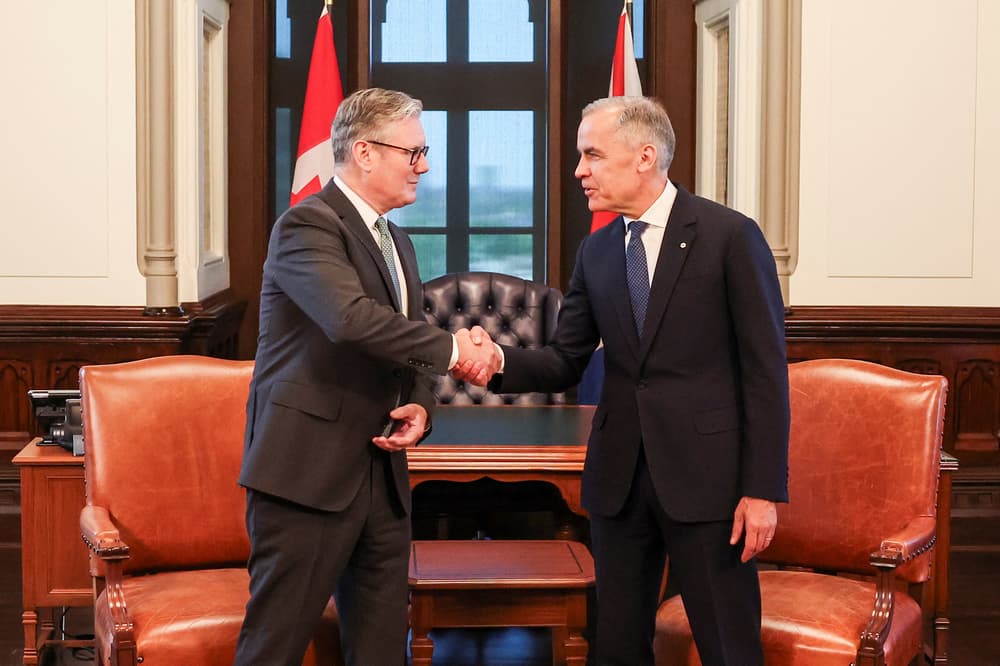Canada has officially joined the growing international push to recognize Palestine as a state, aligning with recent similar declarations from the United Kingdom and France. This significant shift in foreign policy signals a concerted effort among key global players to address the ongoing humanitarian crisis in Gaza and to foster a pathway towards a two-state solution.
Prime Minister Mark Carney articulated Canada’s conditional support for Palestinian statehood, emphasizing the necessity of substantial reforms within the Palestinian Authority. Key stipulations include transparent governance, the commitment to hold a general election in 2026, and a firm exclusion of Hamas from any future political participation. These conditions underscore a global desire for stability and accountability in the region.
Israel’s immediate response, conveyed by Ambassador Iddo Moed, firmly rejected what it termed a “distorted campaign of international pressure.” This stance highlights the deeply entrenched positions and the formidable diplomatic challenges inherent in achieving a lasting peace in the Middle East.
The decision has not been without significant geopolitical repercussions, notably facing strong opposition from the United States. President Trump has voiced concerns that Canada’s move could jeopardize future trade agreements, introducing a layer of economic risk to an already complex political landscape.
Further emphasizing its commitment to multilateral diplomacy, Canada co-signed the New York Call, a powerful joint statement issued by the Ministers of Foreign Affairs from 14 nations. This declaration, also endorsed by countries such as Spain, Norway, and Australia, collectively calls for an immediate cessation of hostilities and the unconditional release of all hostages.
Historically, Canada had maintained a position of recognizing a Palestinian state only upon the conclusion of comprehensive peace negotiations with Israel. This recent pivot signifies a strategic re-evaluation, indicating a more proactive approach to international relations and the Israeli-Palestinian conflict.
The United Kingdom, led by Sir Keir Starmer, has also signaled its readiness to recognize Palestine under specific conditions, including an end to the severe conditions in Gaza, increased humanitarian aid access, and a long-term ceasefire. This parallel action underscores a unified front among Western allies to exert pressure for de-escalation and humanitarian relief.
In a related development, around 38 members of the UK House of Lords have raised concerns with the attorney general, suggesting that recognizing Palestine independently might constitute a breach of international law. This highlights the intricate legal and diplomatic complexities involved in such a transformative international recognition.
France notably led the way among G7 nations by announcing its intention to recognize Palestine as a state last week, setting a precedent that has since been followed by Canada and implicitly supported by the UK. This collective action by major global powers aims to create momentum towards a resolution in the enduring Middle East conflict.






Leave a Reply